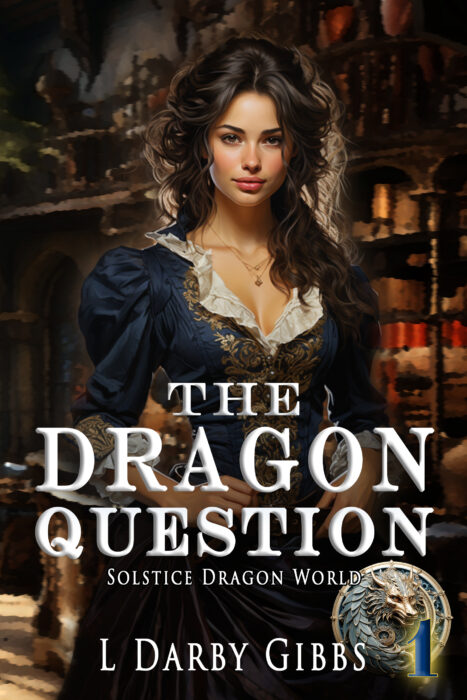Door to the inside of a monster John Gardner’s Grendel is a work of delight and derangement cluttered in one diabolical monster’s mind. It is poetry garbed in prose, sophistry hiding behind a misunderstood, disadvantaged descendent of Cain. Gardner slips his monster into the reader, building sympathy and support as the beast twists its words…
Tag: monsters
April 9, 2014
